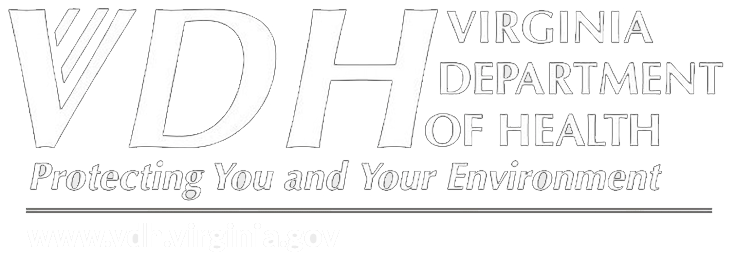These days, the danger of brain injury seems to be all over the news. Beloved actor Bob Saget recently died as a result of hitting his head in his hotel room. Suffering a blow to the head is never something to be taken lightly.
Every year, thousands of Virginia citizens of all ages suffer from a brain injury. The Brain Injury Assn. of Virginia’s (BIAV) purpose and activities are targeted at helping people survive and recover from such injuries.
The BIAV’s goals are the same as they were when it was founded 30 years ago: to raise awareness about brain injury, help create and maintain a system of effective care, and support the brain injury community.
BIAV Executive Director Anne McDonnell explains the organization has five main pillars, or areas of concentration: Education, Outreach, Treatment Support, Public Awareness and Advocacy.
One-on-one education, as well as professional education, about brain injury, is offered. The organization’s website offers a wide array of informational resources, including articles, webinars, podcasts, videos and a referral directory to additional resources, doctors and more. Collaborations and partnerships have led to invaluable opportunities for linking persons with brain injuries to the help they need.
Ms. McDonnell explains, “One of the things that happens in Virginia is if you’re seen in a hospital for a diagnosis related to brain injury, you’re reported to a centralized trauma registry. When people with brain injuries are reported to that registry, we send them a letter that says you’ve been seen in the hospital for a diagnosis related to brain injury. If you’re having problems, we’re here to help.”
BIAV offers a number of support groups, including a summer program for individuals with brain injuries that provides a respite for their caregivers. It also identifies support groups around the state and provides information on a localized, regional and statewide basis.
The organization’s collaboration with the Virginia Department of Health has led to important strides forward in the area of raising awareness of the link between Domestic Violence and Brain Injury, and the critical need for screening among all populations for brain injury.
Advocacy includes working on getting legislation passed related to brain protection initiatives and budget funding for systems of care. The BIAV attends regional public hearings as another way to advocate and educate about issues related to brain injury.
For more information about available resources, visit their comprehensive website, www.biav.net. The website is easy to navigate and includes information and resources available to specific audiences: individuals and families (free confidential consultations); communities (public awareness campaigns, educational events and trainings, and volunteer opportunities) and professionals (case consultations about client needs, advanced education, and networking through membership.)
